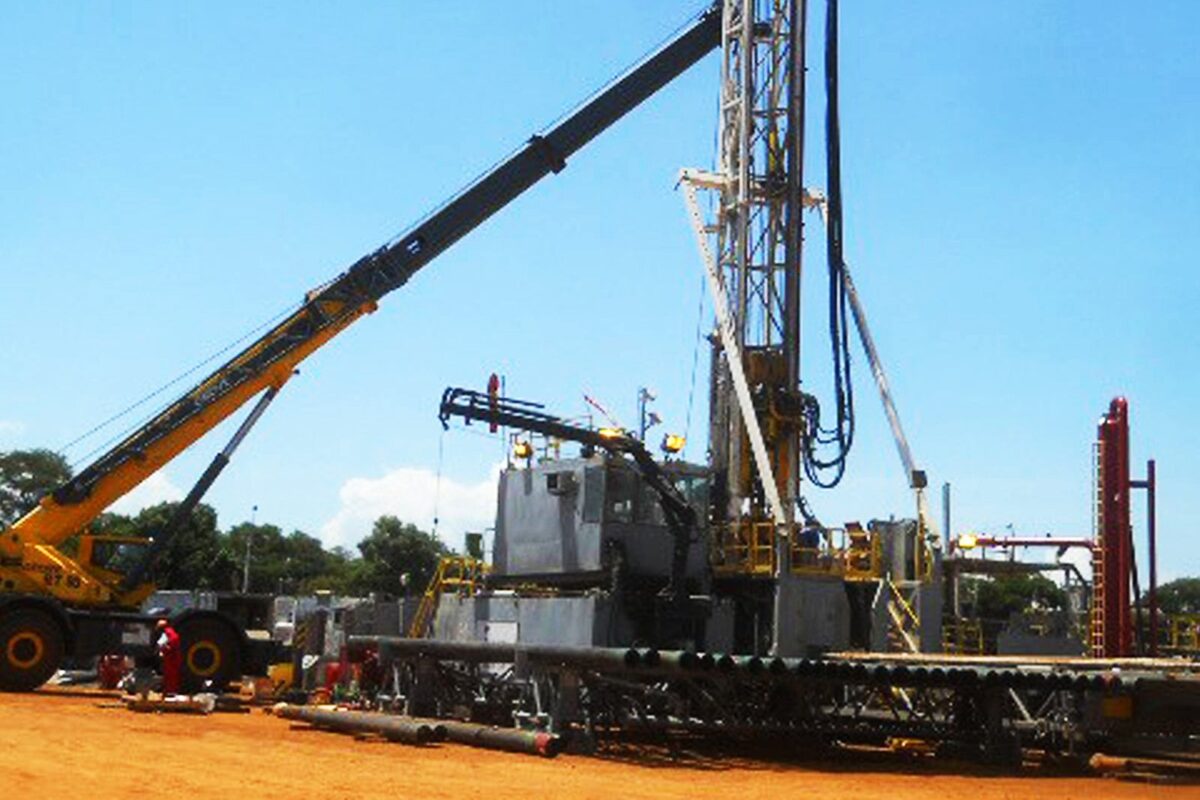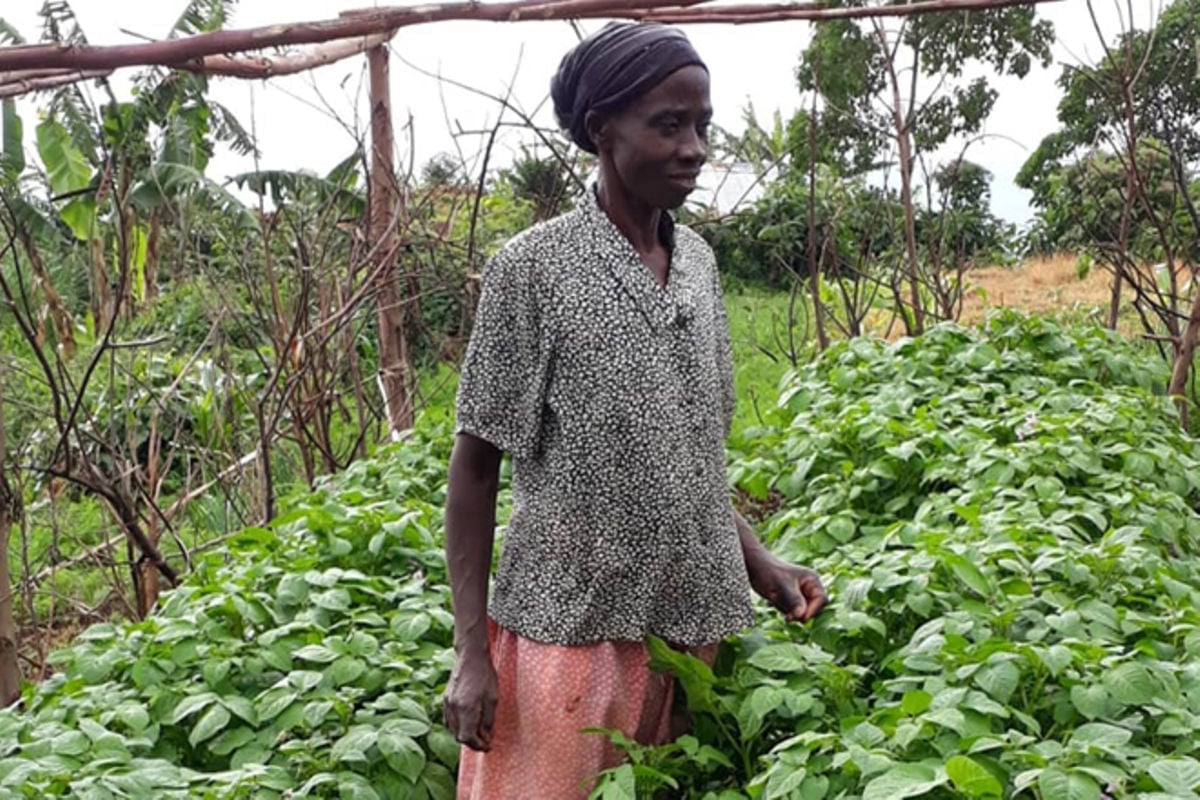In the heart of Uganda’s lush landscapes, where the sweeping plains of Murchison Falls National Park meet the serene shores of Lake Albert amidst the reigning steep rift valley, lies the poignant tale of Jonan Kiiza,born to a family of eight and raised by the Tilenga oil project affected single mother—a young man caught in the turbulence of the oil progress and its profound consequences.
Jonan’s village,Buliisa, nestled at the edge of the oil drilling plant, had always thrived in harmony with its natural surroundings. He grew up amid the calls of African fish eagles and the rustling of acacia trees, dreaming of a future where he could safeguard these wonders for generations to come. But in 2017, whispers of change began to echo through the community.
Tilenga, the ambitious oil project spearheaded by TotalEnergies, promised economic prosperity but at a cost Jonan and his people couldn’t foresee. Land that had sustained families through subsistence farming for generations was earmarked for drilling oil rigs and pipelines. As construction encroached upon their ancestral lands, Jonan witnessed the gradual erosion of their way of life.
“We were displaced unjustly off our own land,evicted with no mercy,” Jonan recalls, his voice tinged with frustration. “They came with promises of development and fair compensation, but they never asked how it would affect us, our livelihood as a family ,my education as a young youth.I lost 3 years of school and my mother was given 3 million for our 16 acres of land after the survey and division. They took without giving us a choice.”
The East African Crude Oil Pipeline (EACOP), a joint venture between Uganda and Tanzania, loomed large in the horizon—a mammoth conduit slated to transport crude oil from Hoima to the Tanzanian port of Tanga. Environmentalists warned of its potential impact on climate change, citing the extraction and burning of fossil fuels as a significant contributor to global warming.
Jonan’s concerns extended beyond his village. The Albertine is yet to learn of similar struggles in Nigeria, where decades of oil extraction had left communities impoverished and landscapes scarred. “Total energies have to come back and address their mistakes,” he remarked, his gaze fixed on the horizon where the setting sun painted the sky in hues of the Central Processing Facility that replaced precious vegetation ,peoples farms and animal habitats.
As the project unfolded, Jonan and his peers mobilized, advocating for their rights and the preservation of their environment. They joined hands with conservation groups, leveraging social media to amplify their voices globally. Their efforts garnered attention where indigenous communities fought against oil giants for the right to their lands and livelihoods,saying no to the noise pollution and high vibrations from the constructions,disturbances from monitoring drone cameras,mistreatment of the youth as casual workers for these oil companies,poor compensation of displaced families and breach of the agreement by oil companies.
Yet, amidst the turmoil, there were glimmers of hope. Jonan witnessed the resilience of his people, their unwavering commitment to safeguarding their home. They planted trees, organized clean-up drives along Lake Albert’s shores, and educated the youth about sustainable practices.
“We may not have the wealth or power as these oil companies,” Jonan mused, “but we have something they don’t—our connection to this land and our determination to protect it as our heritage.”
Years will pass, and the oil wells will begin to pump, feeding a voracious global demand for energy. Jonan’s village will see some economic benefits, but scars will remain open and wounded—polluted waterways, displaced wildlife, disrupted families,oil spills, high temperatures as already seen and a sense of loss that could not be quantified.
In quiet moments, Jonan would return to the edge of the national park, where the roar of Murchison Falls once echoed unimpeded. He would close his eyes and listen, the silence in the park was deafening with no joyous sounds of nature and the wildlife slowly fading away.He reckoned, “What will be left of the Albertine when the actual oil production begins?”I was left dumbfounded, speechless and lost in thought.
As the world grappled with the consequences of fossil fuel dependency, Jonan Kiiza stood as a testament to resilience and the enduring spirit of those who dare to challenge the status quo. His story, being engraved in the annals of Uganda’s environmental history, serves as a reminder that progress must not come at the expense of our planet—or the people who call it home.
Written and published by : Ashley Katumwesigye.



